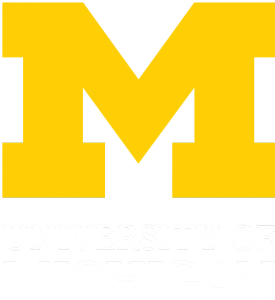About
The Detroit Metro Area Communities Study (DMACS) is a University of Michigan initiative designed to regularly survey a broad, representative group of Detroit residents about their communities, including their expectations, perceptions, priorities, and aspirations.
DMACS Mission: To engage residents and stakeholders in informing the city’s future by involving stakeholders in the prioritization, collection and dissemination of public opinion information that supports more meaningful and effective community development investments in and around Detroit.
DMACS Vision: Detroit leaders and residents can easily access and use scientifically sound public opinion data as they make policy, programmatic and investment decisions that affect their communities and the City of Detroit.
In 2022, with funding from the National Institutes of Health, we launched the Michigan Metro Area Communities Study (MIMACS), an initiative which allowed us to expand our public opinion data collection efforts to additional Michigan communities. To date we have conducted surveys in Flint, Grand Rapids and Ypsilanti under the MIMACS name. While the majority of our work is focused on Detroit, we are currently seeking funding to continue our work in other Michigan communities.
Amplifying Detroit Voices
As Detroit continues to evolve, residents’ opinions need to be part of the conversation about the city’s future.
Since 2016, University of Michigan’s Detroit Metro Area Communities Study has used a city-wide survey to help bridge the gap between Detroit officials and residents whose voices may not always be heard in public discussions.
Completed by a representative sample of more than 2,000 Detroiters, the ongoing DMACS survey provides valuable insights on the perceptions and attitudes of people who live and work in Detroit.
Topics covered include policing, trust in government, access to health care, perceptions of neighborhoods, transportation, race relations, and who benefits most from recent investments in the city.
Insights from each wave of the survey can inform city policies and community programming to produce better outcomes for Detroit residents.
What Sets DMACS Apart?
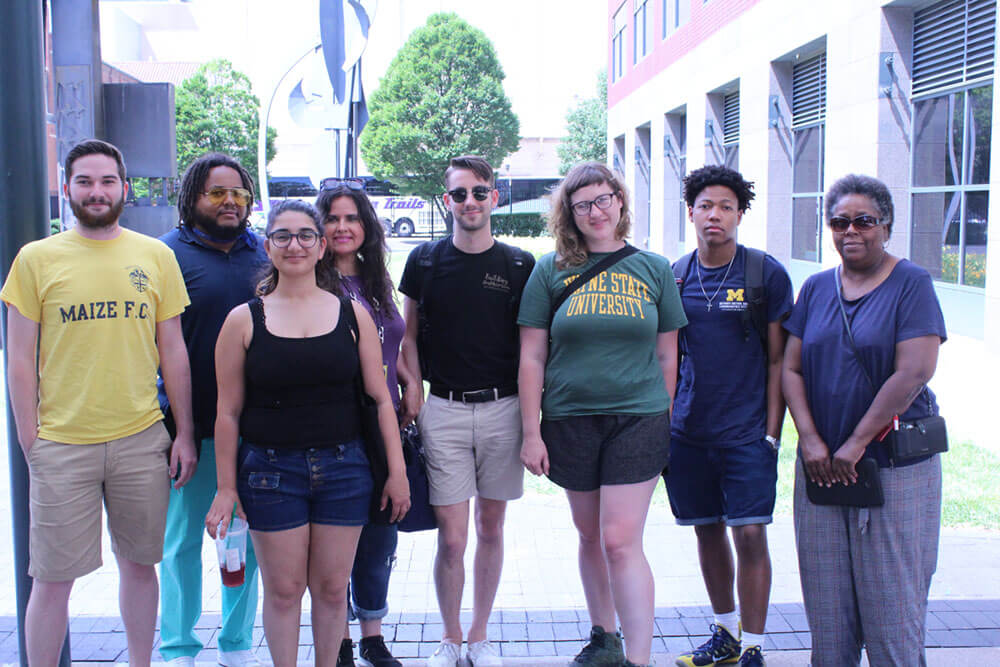
2019 Summer Field Team, L to R: Liam Beers, Curtis Lee, Maria Matta, Mary Mazur, Jay Cutler, Megan Epskamp, Ellington Smith, Betty Brooks
Following scientific survey methods, the randomly-selected survey participants make up a representative sample that reflects the general population of the City of Detroit.
This means the DMACS survey includes the views of typically hard-to-reach populations.
Different groups experience changes within the city differently, so it’s important the survey reaches people from a variety of age groups, races, income levels, residents from all city council districts, newcomers as well as longtime residents, renters and homeowners.
Frequently Asked Questions
What is the DMACS survey approach?
- Conduct periodic surveys of representative sample of Detroit residents
- Ask about residents’ experiences, perceptions, opinions and aspirations for their neighborhoods, the City, and the region
- Co-develop each survey with one or more lead partners around a main theme
- Disseminate results via multiple methods/channels
For a detailed description of our survey methodology, please see Methodology Wave 20, Summer 2024.
What makes DMACS unique?
How can I access DMACS findings and data?
We are eager to share our findings and data with city officials, non-profits, business and community leaders, neighborhood organizations, researchers and philanthropies to inform policies and programs, and guide investments that better reflect the interests of Detroit residents. We are working to make all DMACS data available for public use. Datasets currently available for use can be accessed here. Please contact us if you have questions or would like to speak with a member of our team about our results: [email protected].
Who can take DMACS surveys?
How can I partner with DMACS?
For more information on partnering with DMACS, please review our deliverables. For inquiries about partnering with us, please email [email protected].
Would you like to put some questions before our panel of Detroit respondents? Do you want to work with our existing data sets for research purposes? Are you a policy-maker looking for information on Detroit issues?
The DMACS team welcomes collaborations with community leaders, advocates and public officials. Contact us if you want to explore a partnership!
Previous survey partners have included the Kresge Foundation, Detroit Health Department, Knight Foundation, Michigan State Housing Development Authority, New Economy Initiative, Community Development Foundation for Southeast Detroit, City of Detroit, the Strategic Neighborhoods Fund, Outlier Media and Rocket Community Fund.
Our Research Leads
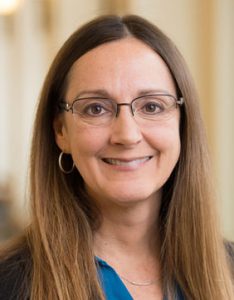
Elisabeth Gerber, Ph.D.
Jack L. Walker, Jr. Professor of Public Policy
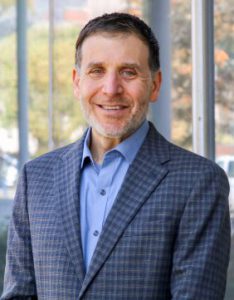
Jeffrey Morenoff, Ph.D.
Professor, Department of Sociology
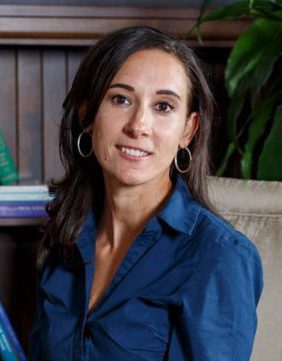
Mara Ostfeld, Ph.D.
Assistant Research Scientist
Our Staff
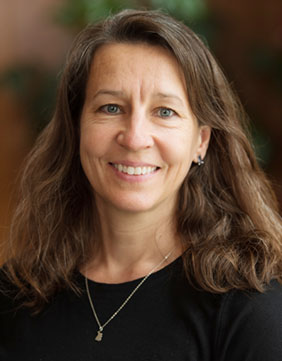
Sharon Sand
Project Manager

Yucheng Fan
Data Manager
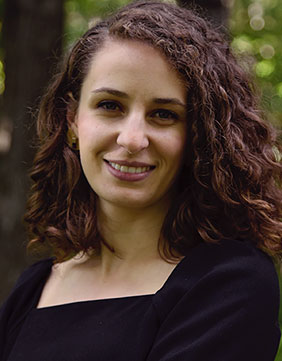
Lydia Wileden
Research Associate

